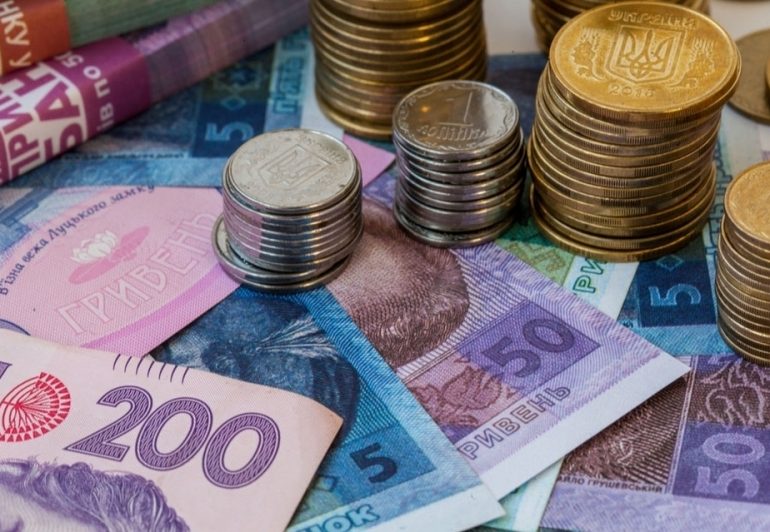During the last 5 years, the weakest currency among the black sea countries was the Ukrainian Hryvnia. In particular, during the period of 2014-2018 the Hryvnia depreciated 128% against dollar and depreciated 104% against the Euro. According to PMCG research, in terms of depreciation, the Turkish Lira is in second place, which in recent years depreciated 122% against the dollar and 96% against the Euro.
Among the black sea countries, the Bulgarian Lev saw the least depreciation against the USD. To be exact, it depreciated by 12% against the dollar and against Euro it did not changed as the Lev remains stable against Euro: EUR 1 = BGN 1.9558
As for Georgian Gel, during the period 2014-2018, GEL was devalued against the USD by 43% and against the Euro by 27%.
In addition, last year all black sea currencies (except for the Lev), depreciated against the Euro. Turkish Lira depreciated by 39% against Euro. The Romanian Lei saw the least depreciation, with only 2% depreciation.
In regard to the dollar when comparing 2018 to 2017, the value of the currencies fluctuated as follows:
Turkish Lira – fell by 33%
Russian ruble – fell by 8%
Ukrainian Greenwood – depreciated by 2%
Georgian lari – was down by 1%.
The Bulgarian and Romanian currencies have increased by 4% and 3% against the dollar respectively.
Between 2014-2018 the Georgian Lari appared as follows when compared to the other currencies of black sea countries: against the Bulgarian Lev the GEL depreciated by 27.5%, against the Romanian Lei it depreciated by 21.7%.
In 2018 GEL increased against the Turkish Lira by 21.8, and annually depreciated the most against the Bulgarian Levy (by 5.6%).
During the same period, GEL increased against the Russian Ruble by 5.8%, against the Ukrainian hryvnia by 1.1%, and against the Romanian Lei by 3.7%.
In total, in 2018 the Georgian GEL exchange rate against the other black sea countries’ currencies increased by 1.6%. During the same period, the Georgia Lari’s exchange rate against the Turkish Lira increased by 10% and against the Russian Ruble it increased by 3.2%. The Georgian Lari’s exchange rate depreciated against the Ukrainian Hryvnia by 8.8%, against the Bulgarian Levi by 7.9% and against the Romanian lei by 7.9%.
The countries of the black sea represent an important contribution to Georgia’s external trade. In particular, between 2014-2018 36% of the trade revenues came from the aforementioned countries and the largest shares go to Russia and Turkey. Accordingly, GEL fluctuation against the currencies of these countries greatly impacts both the country’s export and imports.













